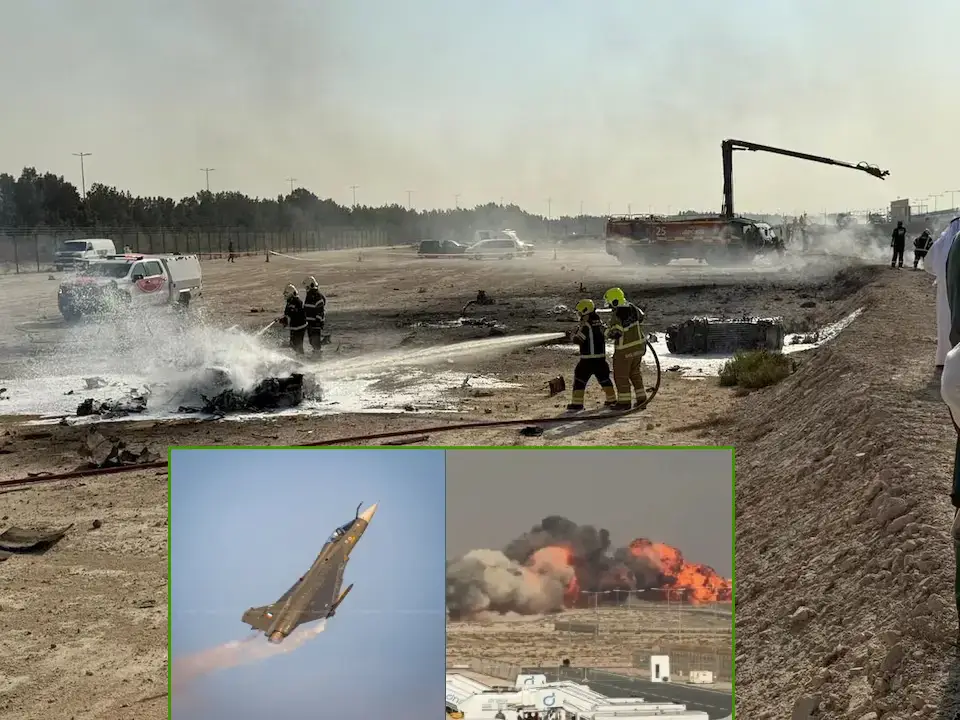Indian Media Blames U.S. for Tejas Crash Over Engine Delays
Media Figures Raise Concerns Over Delayed Engine Supply
A debate has erupted after claims surfaced about the Tejas engine delay controversy.
Several Indian media voices accused the United States of slowing engine supplies.
Retired Major General G. D. Bakshi and anchor Arnab Goswami led the reaction.
They argued the delays weakened India’s Light Combat Aircraft program.
Arnab Goswami Criticizes GE-404 Supply Timeline
Arnab Goswami claimed the U.S. delayed the GE-404 engine delivery.
He alleged the delay hurt India’s defense preparedness.
According to him, the U.S. slowed supplies due to strategic concerns.
He also said the Tejas aircraft uses an engine from General Electric.
He argued the company has a history of difficult ties with India.
Goswami added that India paid nearly one billion dollars for the engines.
However, he said only two engines arrived in the last two years.
This delay, he claimed, reflected deeper issues in U.S. cooperation.
General Bakshi Supports the Allegations
General Bakshi repeated the concerns about the GE-404 supply.
He stated India was supposed to receive several engines earlier.
He argued the small number of delivered units created operational stress.
These claims intensified the Tejas engine delay controversy.
Critics Reject Blame on the United States
Analysts inside and outside India disagreed with the accusations.
They argued the attempt to blame foreign actors lacked evidence.
Some said the crash exposed domestic structural issues in defense production.
They pointed to technical, logistical, and manufacturing weaknesses.
Critics argued media narratives were shifting attention away from local problems.
They also said inconsistent official and media statements hurt India’s credibility.
This confusion sparked concerns about transparency and accountability.
Observers believe such narratives affect trust in India’s defense ecosystem.
Debate Highlights Larger Industry Challenges
The discussion shows India’s defense sector faces deep challenges.
Experts say long-term planning and reliable supply chains are essential.
They also argue the crash reflects broader weaknesses needing urgent reforms.
The Tejas engine delay controversy has therefore become a national debate.

